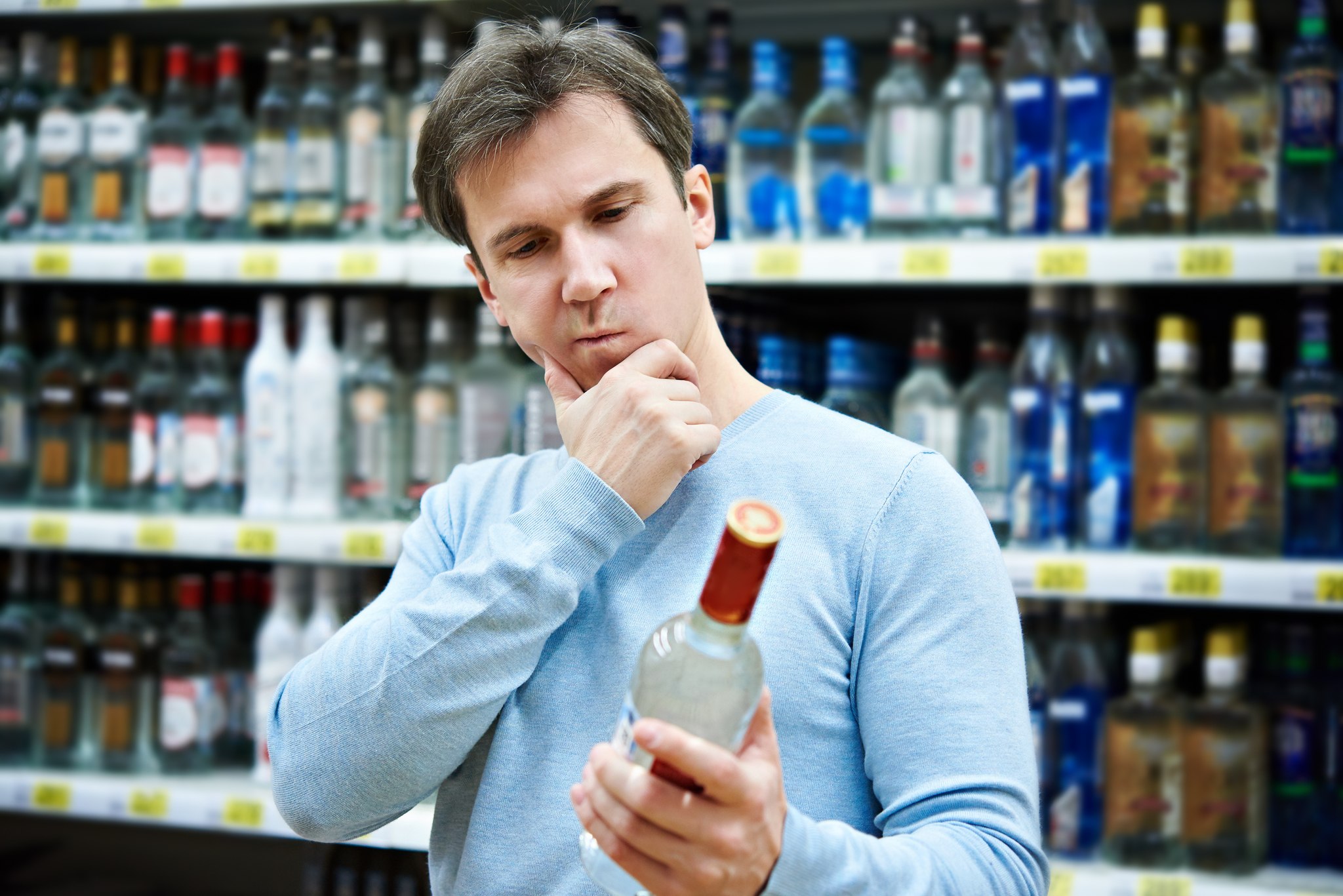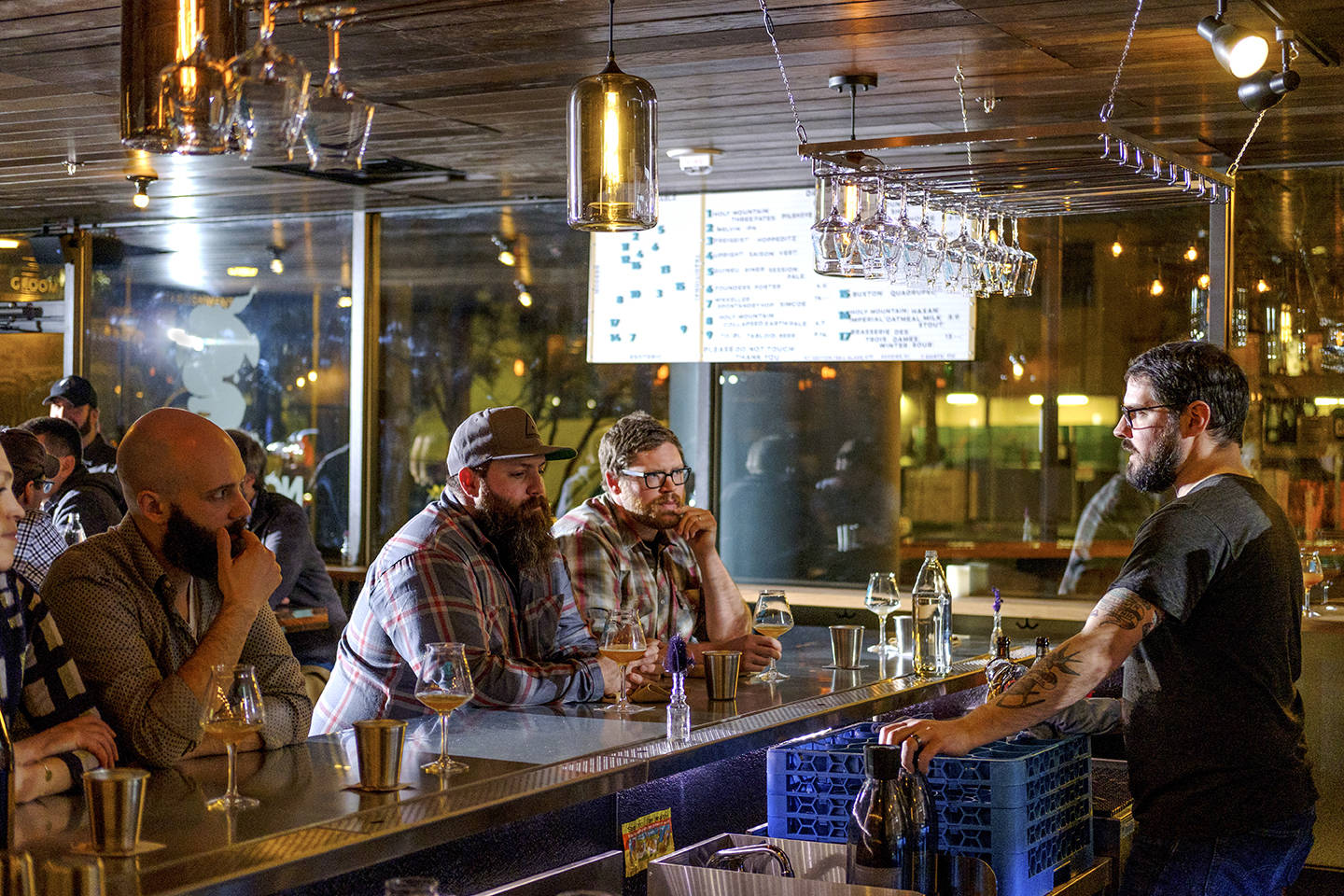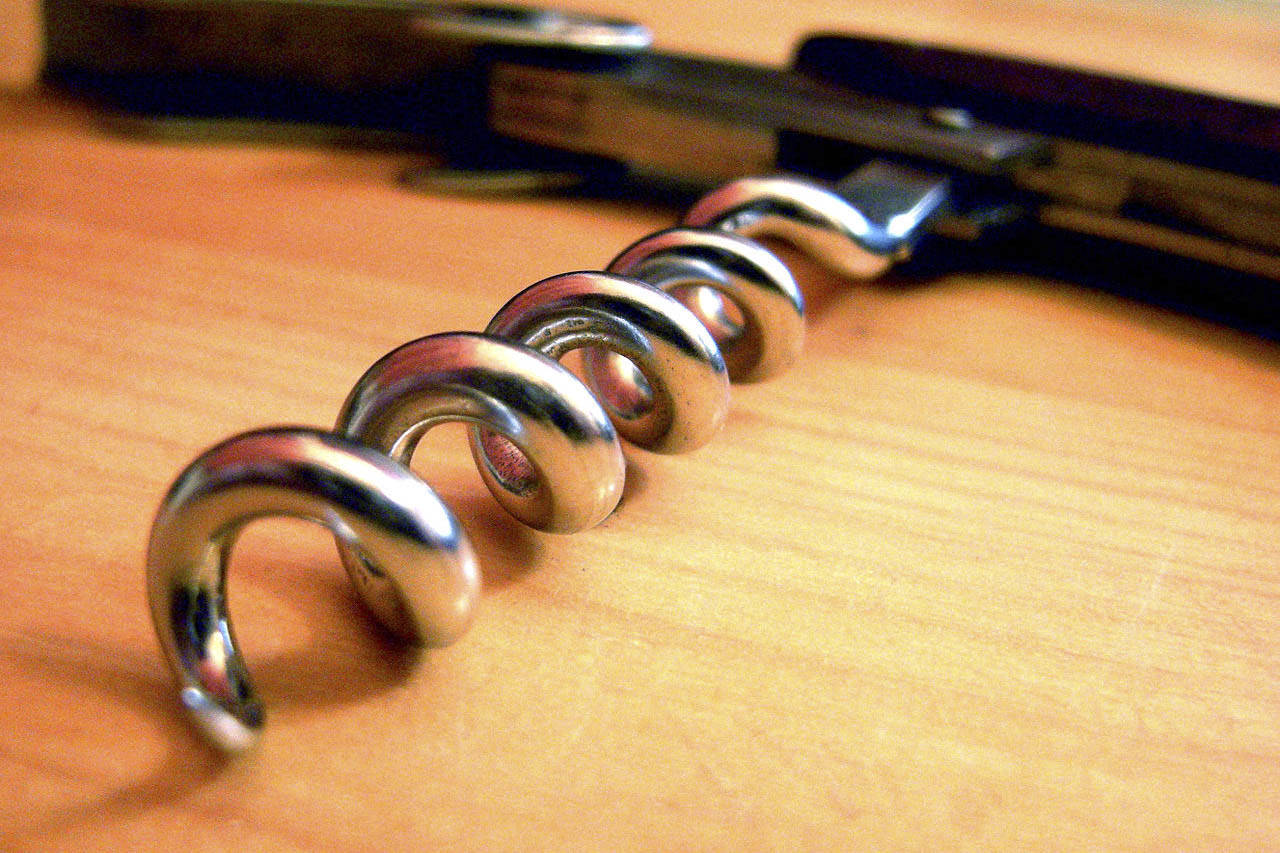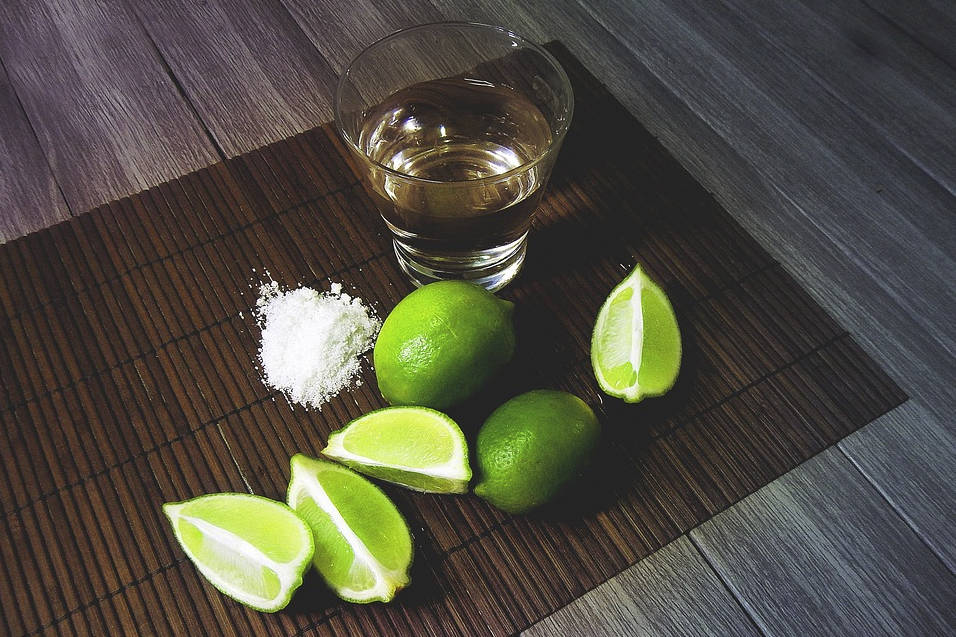It’s been more than five years since Washingtonians passed Initiative 1183 privatizing liquor sales and ending the state monopoly. Relitigating that debate seems like a waste of time, though I’d point out that we now pay more for our liquor than any other state in the country, a likely outcome that was disputed in advance of the election despite a mountain of both evidence and common sense. At least we seem to be putting some of that tax revenue to good use.
What I’d like to point out are some problems with our state’s booze rules that could easily be addressed. Washington state maintains some rather archaic liquor laws, and while they don’t affect most of us regularly, there’s no reason we should still be treating alcohol like the most dangerous substance on earth.
The saddest impact of I-1183 to me is that it’s actually become more difficult to find specialty liquors. The provision in the law requiring any new liquor retailer to have at least 10,000 square feet of retail space means that liquor sales are dominated by big grocery and wholesale stores (the exact businesses that heavily supported I-1183). Thus my dream of a specialty liquor store that features hundreds of whiskeys, gins, or amaros is just that. Sure, I can buy a 1.75-liter bottle of whatever mass-produced spirit I want, but now I have to struggle to find Green Chartreuse, then pay an insane price for it. Oh, I guess I can also buy liquor at almost all hours of the day and night, but again, that benefit isn’t worth the cost, not in the slightest.
The different laws that apply to craft breweries, wineries, and distilleries don’t seem to make much sense either: Why is it so bad if a distillery serves food? Are we worried that, gasp, people might visit it? Why is it so dangerous to have accompanied minors in a bar when they can go to a brewery with no problem? For that matter, why is it important to have a physical barrier dividing a restaurant’s bar from the rest of it? Are we worried that if a minor were to come within a few feet of the bar they’d be corrupted beyond repair?
Ultimately, it would be nice if our country as a whole could take a more practical approach to underage drinking. There’s no doubt that binge drinking is a serious issue, but it’s fairly obvious that much of the impetus comes from alcohol’s forbidden nature: Exposing adolescents to the culture of drinking, and perhaps even a taste, in a controlled setting can take a lot of that thrill away, as well as maybe nurture some appreciation for both the joys and powers of alcoholic beverages. That might be a bridge too far, but given that with I-1183 we’ve already voted against our own financial interests, we might as well reconsider some laws that make it harder to enjoy.
barcode@seattleweekly.com








